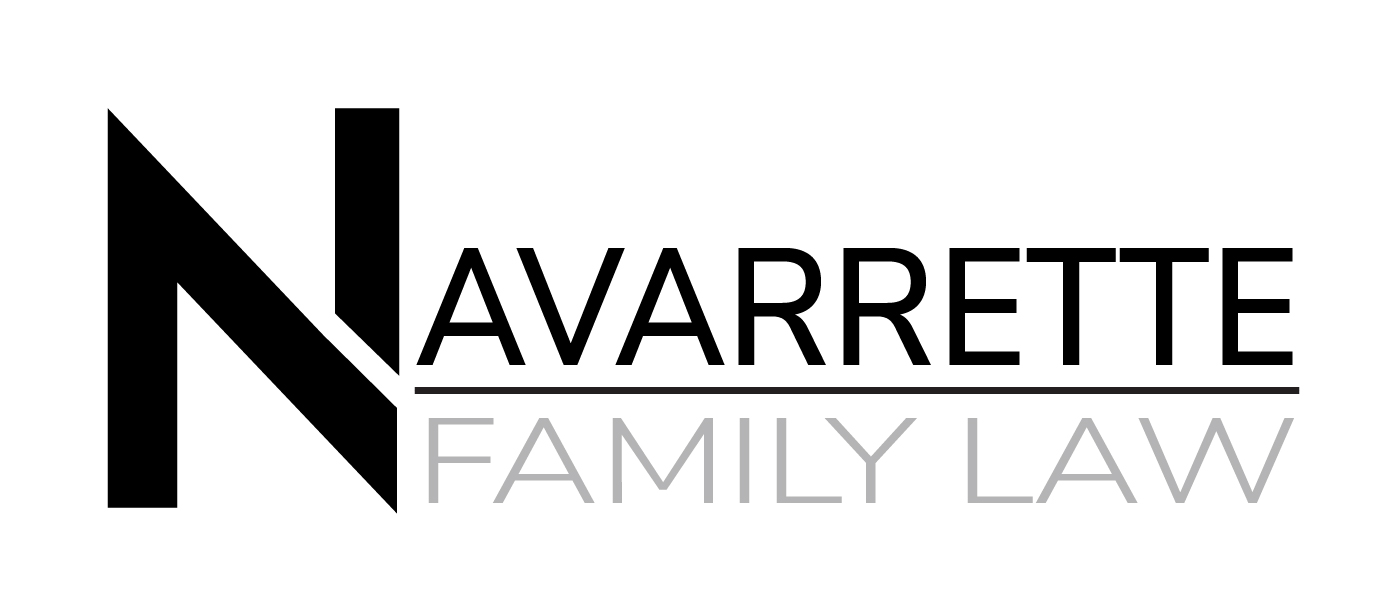
02 Jan Prenup Dilemmas: Untangling Marital Homes as Separate Property
When it comes to protecting your assets and clarifying financial expectations before marriage, a prenuptial agreement (prenup) is a valuable tool. Prenups allow couples to define what assets will remain separate property and what will be considered marital property in the event of a divorce. However, when it comes to the marital home, prenuptial agreements can raise some complex dilemmas. How can you ensure that your home remains a separate property while navigating the challenges of shared living spaces? In this blog, we’ll explore the dilemmas associated with prenuptial agreements and marital homes and provide guidance on addressing them.
Defining Separate and Marital Property:
In a prenuptial agreement, couples can specify which assets they consider separate property and which assets will be considered marital property. Separate property typically includes assets owned by each spouse before marriage, inheritances, and gifts received by one spouse individually. Marital property, on the other hand, is generally considered assets acquired during the marriage, including income and assets purchased with marital funds.
The Marital Home Dilemma:
The marital home is often one of the most significant and emotionally charged assets in a marriage. It’s not uncommon for couples to purchase a home together or for one spouse to move into the other’s existing home after marriage. Here are some common dilemmas associated with prenuptial agreements and marital homes:
- Ownership Disparity: If one spouse already owns the home before marriage and wants to protect it as separate property, while the other spouse contributes to mortgage payments and home improvements, conflicts can arise regarding the extent of ownership for each spouse.
- Use of Marital Funds: If marital funds are used for mortgage payments, maintenance, or improvements on the home, it may create ambiguity about the home’s status as separate or marital property.
- Changing Circumstances: Over time, circumstances may change. For example, the home may be sold, or one spouse may make significant financial contributions to the home’s value. These changes can complicate the interpretation of the prenup.
Addressing Prenup Dilemmas:
To navigate these dilemmas and protect your interests, consider the following:
- Clear and Specific Language: Ensure that your prenuptial agreement contains clear and specific language regarding the marital home. Outline ownership percentages, how mortgage payments will be handled, and how any appreciation or depreciation in the home’s value will be addressed.
- Regular Revisions: Prenuptial agreements can be amended or revised to reflect changes in circumstances. If significant changes occur, such as selling the home or major renovations, update the agreement accordingly.
- Legal Counsel: Consult with experienced family law attorneys to draft and review your prenuptial agreement. Legal professionals can help you create a comprehensive and legally sound document that addresses potential dilemmas.
- Open Communication: Maintain open and honest communication with your spouse about the prenuptial agreement and its implications. Transparency can help prevent misunderstandings and conflicts.
Seek Legal Guidance:
Navigating prenuptial agreements and marital homes can be challenging, but with proper legal guidance and clear communication, it’s possible to protect your separate property interests while addressing the complexities of shared living spaces. At NB Family Law, we specialize in family law matters, including prenuptial agreements. If you have questions or concerns about prenuptial agreements or any other family law issue, please don’t hesitate to reach out. We are here to provide the support and expertise you need to make informed decisions and protect your interests.
